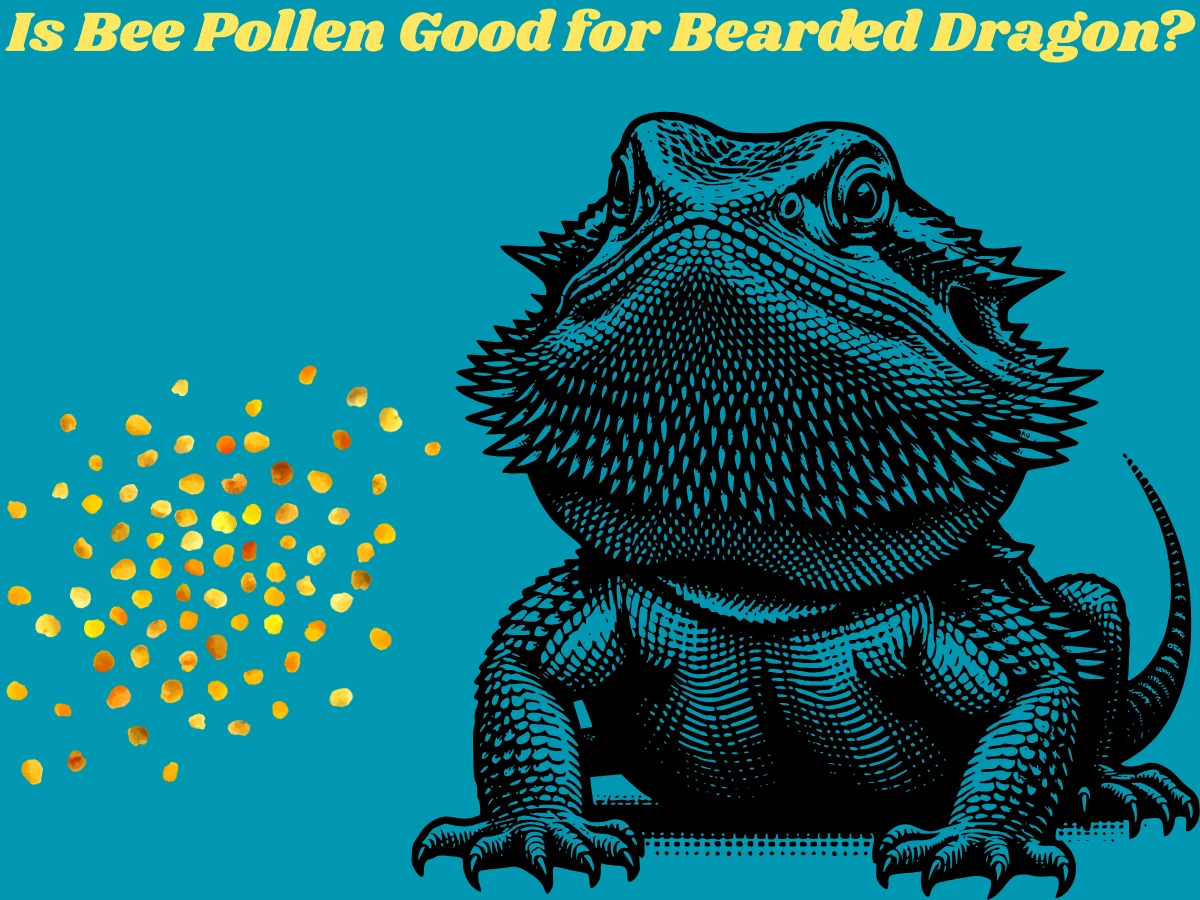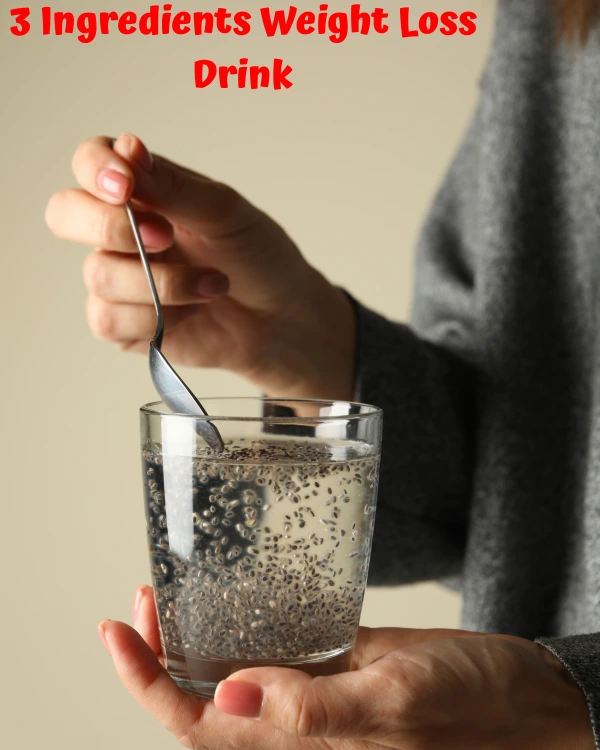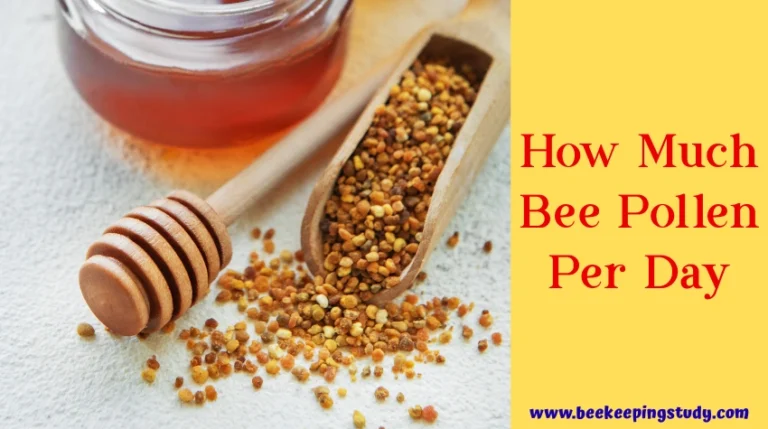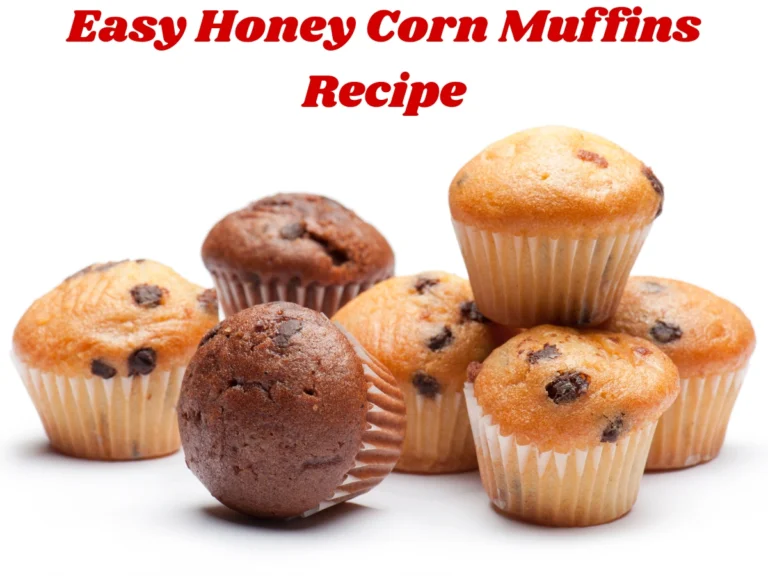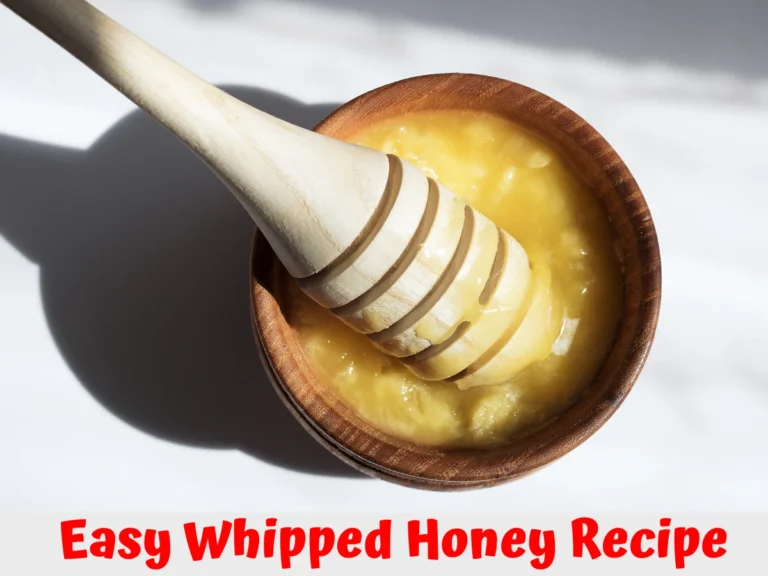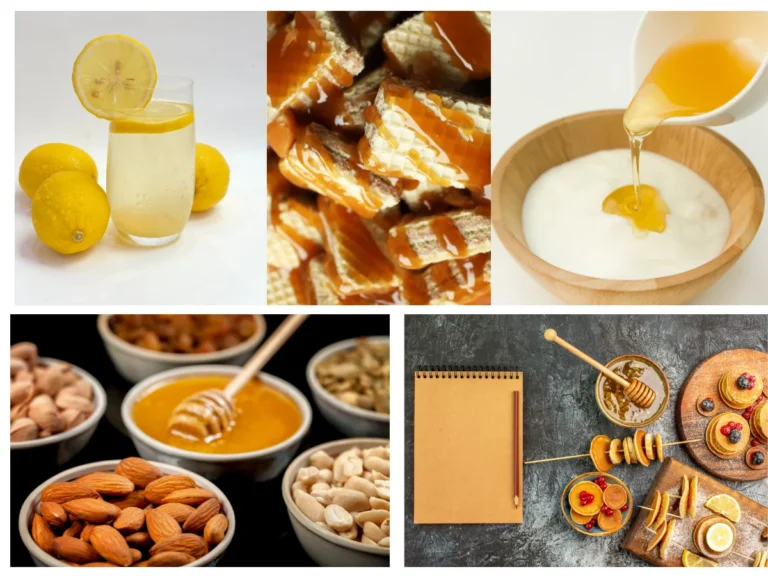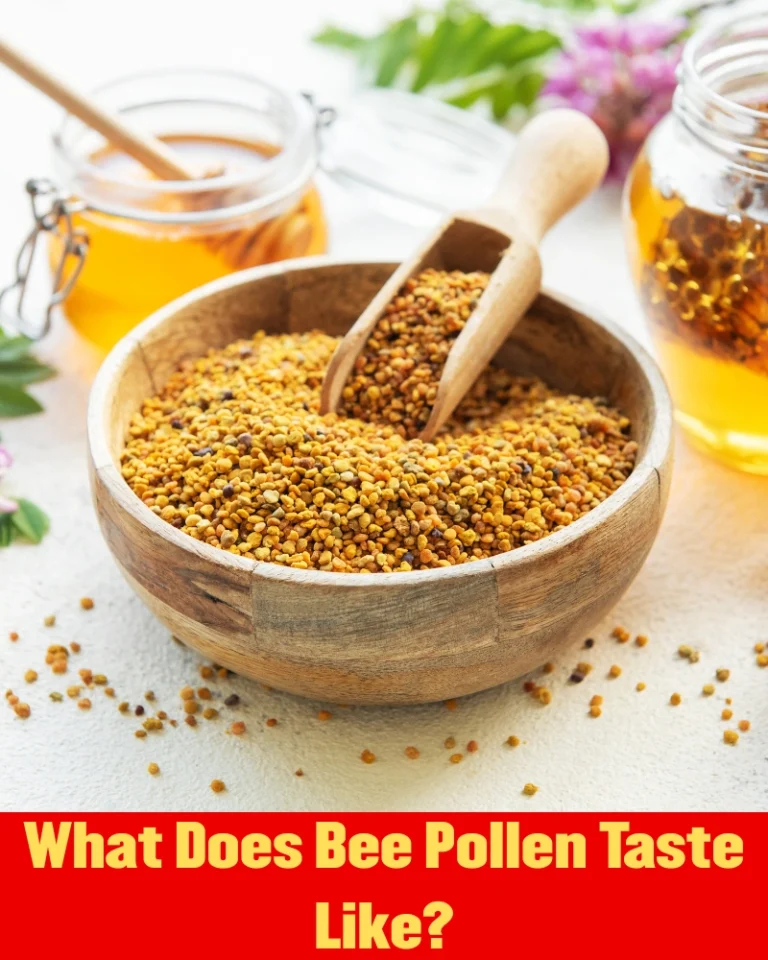This post might be created with help from AI tools and carefully reviewed by a human (Anthor Kumar Das). For more on how we use AI on this site, check out our Editorial Policy.
Is Bee Pollen Good for Bearded Dragons? Everything You Need To Know
When it comes to ensuring your bearded dragon stays healthy and happy, every detail matters. Their diet plays a crucial role in their overall well-being. As a bearded dragon owner, you might be curious about introducing new foods like bee pollen into their diet.
So, is bee pollen good for bearded dragons? Let’s explore everything you need to know about this superfood and how it can benefit your scaly friend.
Is Bee Pollen Good for Bearded Dragons? – Nutritional Value
Bee pollen is a mixture of flower pollen, nectar, enzymes, honey, wax, and bee secretions. It’s often referred to as nature’s most complete food because it contains nearly all the nutrients required by humans. But what about for bearded dragons?
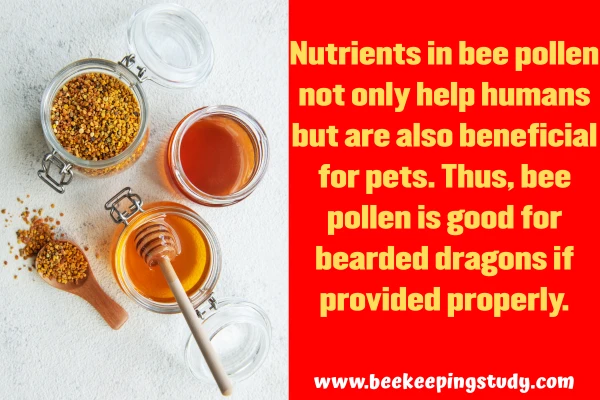
Nutrient Composition
Bee pollen is rich in proteins, vitamins, minerals, lipids, and carbohydrates. For bearded dragons, this nutrient-dense food can be particularly beneficial. It contains:
- Proteins: Essential for muscle growth and repair.
- Vitamins: Including B-complex vitamins, which support various bodily functions.
- Minerals: Such as calcium, magnesium, and potassium, which are vital for bone health and metabolic processes.
- Antioxidants: Help protect cells from damage and boost the immune system.
All the nutrients in bee pollen not only help humans but are also beneficial for pets. Thus, bee pollen is good for bearded dragons if provided properly. Bee pollen will help bearded dragons in plenty of ways.
Benefits of Bee Pollen for Bearded Dragons
Introducing bee pollen into your bearded dragon’s diet can have several potential benefits. From boosting the immune system to supporting skin, bee pollen is full of nutrients for pets.
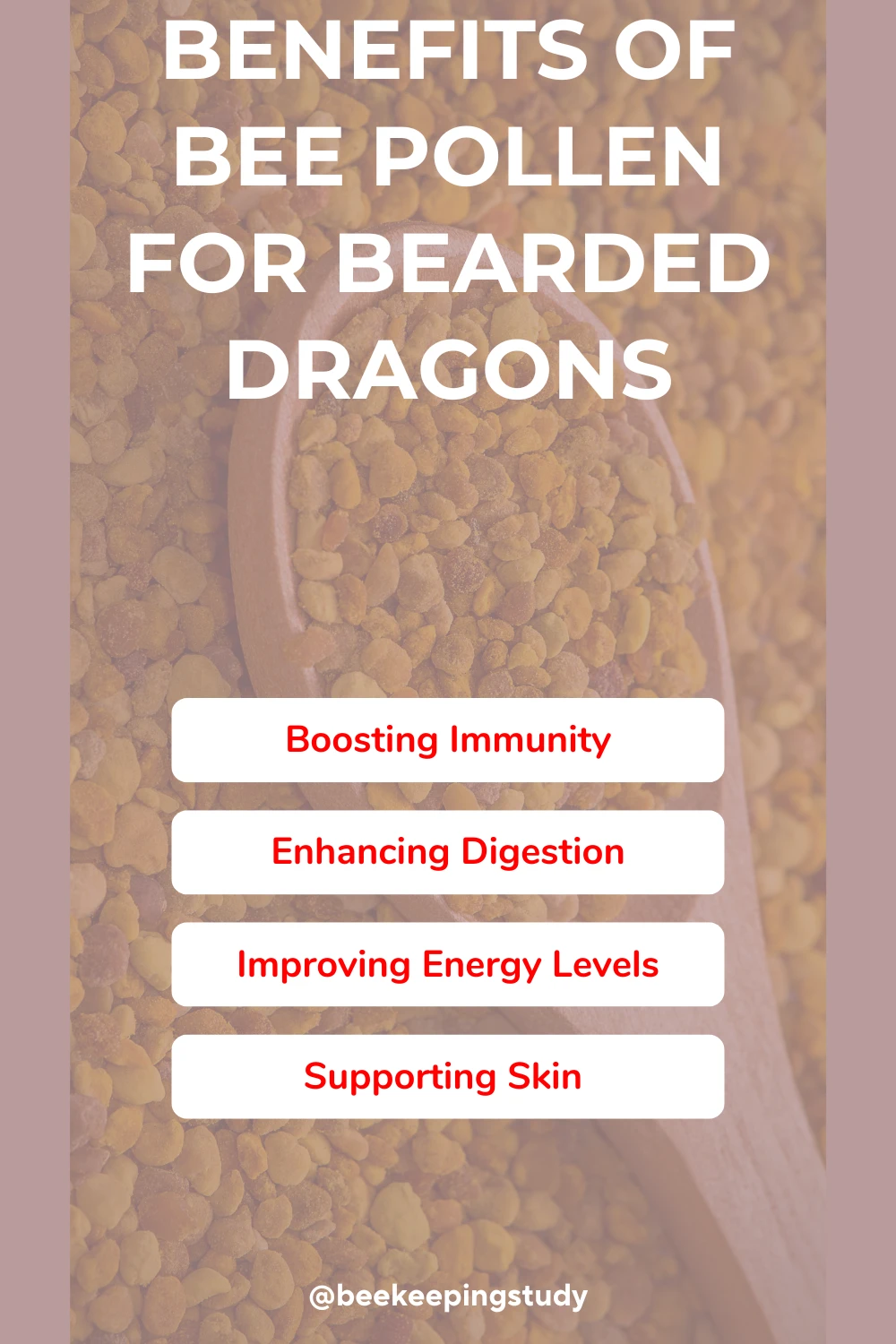
Boosting the Immune System
Bee pollen contains a high concentration of antioxidants and vitamins that can strengthen your bearded dragon’s immune system. This can help them fight off infections and recover more quickly from illnesses.
Enhancing Digestion
The enzymes in bee pollen aid in digestion and nutrient absorption. This can be particularly beneficial for bearded dragons, as they often have sensitive digestive systems.
Improving Energy Levels
The carbohydrates and B vitamins in bee pollen can provide a natural energy boost. This can help keep your bearded dragon active and healthy.
Supporting Skin and Scale Health
Vitamins and minerals found in bee pollen, such as vitamin A and zinc, are essential for maintaining healthy skin and scales. Regular consumption can lead to a more vibrant and healthier appearance.
How to Introduce Bee Pollen to Your Bearded Dragon’s Diet
While bee pollen can be a beneficial addition to your bearded dragon’s diet, it’s important to introduce it properly to avoid any adverse reactions. You can follow the rules below for feeding bearded dragons with bee pollen.
Start with Small Amounts
Begin by sprinkling a small amount, such as 1/4th teaspoon of bee pollen, on your bearded dragon’s regular food. Observe them for any signs of allergies or digestive issues. Gradually increase the amount as they get used to it. You can provide up to 1 teaspoon of bee pollen to your bearded dragon per day.
Mix with Other Foods
Bee pollen can be mixed with fruits, vegetables, or live insects. This not only enhances the taste but also ensures that your bearded dragon gets a balanced diet.
Monitor Their Health
Keep an eye on your bearded dragon’s behavior and physical condition after introducing bee pollen. If you notice any changes such as lethargy, loss of appetite, or digestive problems, consult a veterinarian.
Potential Risks and Precautions
While bee pollen is generally safe for bearded dragons, there are a few potential risks to be aware of.
- Allergic Reactions: Some bearded dragons may be allergic to bee pollen. Symptoms of an allergic reaction can include swelling, difficulty breathing, and skin rashes. If you observe any of these symptoms, discontinue use immediately and consult a vet.
- Overconsumption: Too much bee pollen can lead to digestive issues and other health problems. It should be used as a supplement rather than a primary food source.
- Source Quality: Ensure that the bee pollen you use is of high quality and free from contaminants. Poor-quality bee pollen can contain pesticides and other harmful substances.
Frequently Asked Questions
Yes, bearded dragons can eat bee pollen. It can be a beneficial supplement for bearded dragons when introduced properly. Start with a small amount, such as a pinch, and gradually increase it to avoid any adverse reactions. Don't provide more than 1 teaspoon in a single day. It’s best to consult with a vet before introducing bee pollen to baby bearded dragons, as their dietary needs are different from adults. Watch for signs like swelling, difficulty breathing, or skin rashes. If these occur, stop giving bee pollen and consult a vet.Can bearded dragons eat bee pollen?
How much bee pollen should I give my bearded dragon?
Is bee pollen safe for baby bearded dragons?
How do I know if my bearded dragon is allergic to bee pollen?
Conclusion
Bee pollen can be a wonderful supplement for bearded dragons when introduced correctly. It offers numerous benefits, including boosting the immune system, enhancing digestion, and supporting skin and scale health.
However, it’s essential to start with small amounts and monitor your pet for any adverse reactions. Always ensure the bee pollen you provide is of high quality to avoid any risks associated with contaminants. With proper care and attention, bee pollen can become a valuable part of your bearded dragon’s diet, contributing to their overall health and vitality.
The following are the articles that might be helpful for you.

